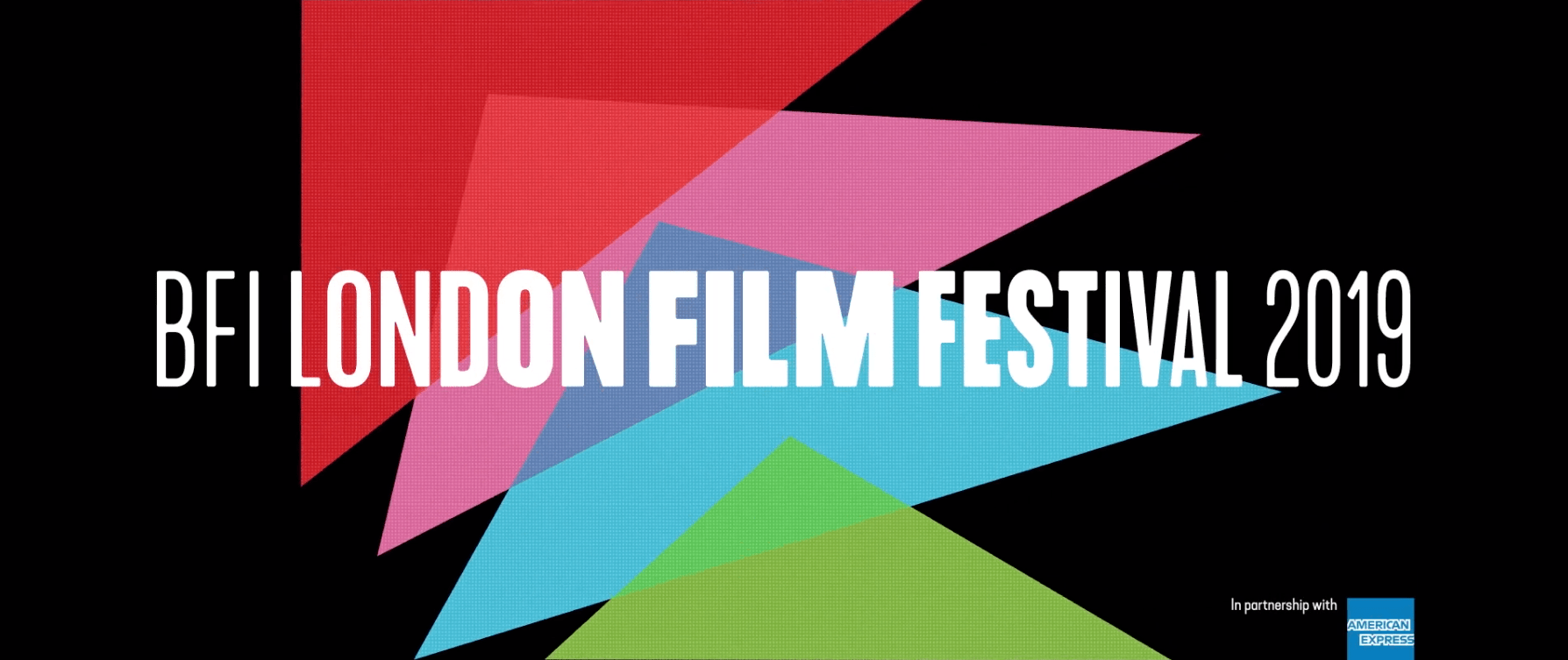London is well-known as the city of mist, but also as a city of bright colours and stylish events. The metropolis is booming with a variety of diverse happenings all over the place: different public talks, fashion shows, screenings and underground music concerts.
With a field of critics having raised the issue of an absence of the film festival in the city, the first London Film Festival was conceived by James Quinn in 1953. Nowadays, from the 2nd to 13th of October, the British Film Institute (BFI) London Film Festival is held with screenings of more than 200 films, documentaries and shorts from approximately 50 countries.
As BFI continues to be a public festival it has not been accredited by the International Federation of Film Producers Association (FIAPF). The FIAPF is the regulator of film festivals worldwide and awards the accolade of ‘Category A’ to events all over the globe, including Cannes, Berlinale and Venice. However, despite the status of the ‘B’ category film festival, BFI is largely attended by many international film professionals and journalists.

More than that, the BFI festival even took advantage of being on the ‘B’ list and designed a diverse range of special screenings suitable for a range of audiences: from parent and baby screenings to screenings for customers who are blind or partially sighted.
Most importantly, the London Film Festival offers the opportunity for people to see films that might not otherwise get a UK screening along with films which will be released soon, like The Irishman by the marvellous Martin Scorsese or the long awaited film The King by David Michôd, starring beloved couple Timothèe Chalamet and Lily Rose-Depp.
The festival is beautifully framed by the Opening and Closing galas which take place in large venues in the city centre and now have become one of the major red carpet events in London. A variety of world premiere screenings are held there and are introduced by the Festival director and the films’ directors or producers.
This time it was the European premiere of The Personal History of David Copperfield, directed by the multi-award-winning filmmaker Armando Iannucci (known by his previous piece The Death of Stalin) and starring BAFTA Award winner Dev Patel as David Copperfield.
Other than these events, screenings at the Festival are quite informal and similar to the normal cinema experience, with the smell of popcorn and the constant crunch of nachos right behind your seat. What is amazing about this experience is that some films, like The Perfect Candidate by Haifaa Al Mansour, are supported by Q&A sessions which give the audience a unique access to the “backstage” of the film.

I was luckily invited to the screening of the film called “The Other Lamb” by Polish director Małgorzata Szumowska. Honestly, I can assure you that even on a rainy Sunday, you can still have a stunning experience at the BFI Film Festival. Taking place in Leicester Square’s Vue Cinema, the venue itself is quite big and there were a lot of international visitors with a great number of volunteers to help anybody who was unfamiliar with the space.
Miraculously, there were no queues, a very common feature for big festivals, which made the experience even more intimate. In the hall, people could easily walk around and engage in smalltalk before screenings and find different brochures, souvenirs and press lists.
Moreover, you really feel that you are in a room full of film professionals. You can experience it when after the final shot, the light is not lit in the hall and no one gets up from their seats, as everyone reads the final credits.
Speaking about the English-language debut by the rising star of Polish cinema Małgorzata Szumowska, I was pleasantly surprised. When attending different screenings, you get used to the fact that a lot of them are for the ‘prepared’ viewer, so usually festival films are about hard topics and emotionally are very heavy. Also, all reviews on this film were burning with the phrase “the most controversial film”, so I was prepared for 97 minutes of confusion and ‘emotional torture’. But with the very first shot, everything changed. The bright picture, attractive colours, spectacular acting, picturesque landscape… everything was so beautiful that you were hooked from the very first second of the film. From the charming green and blue colour palette choice to the fascinating natural Irish landscape, aesthetically, everything was just perfect.
Speaking of the plot, it is indeed one of the most controversial films I have ever seen in my life. However, due to its symbolism, which was expressed through different animal metaphors and the protagonist’s Freudian dreamscapes, the film is truly very light-hearted and seasoned with good humour, which makes it to be a very pleasing watch. Szumowska’s “The Other Lamb” touches upon different crucial topics, like the position of women, religion, faith in modern society. But her visual language is so elegant and her humour so dry, that these serious themes become very easy to speak about. I believe that when a director like Małgorzata Szumowska can speak about such hard things in such an accessible but respectful manner, it is indeed a sign of a great artist.
To conclude, I can say that this was such a great experience for me. I myself have encountered this beautiful transformation of the city of mists into the city of bright colours and gorgeous events on the rainy Saturday the 12th. I would totally recommend attending BFI London Film Festival in the capital of the UK on the week from 7th to 18th of October next year.
Photo Credit: The Art Shelf

